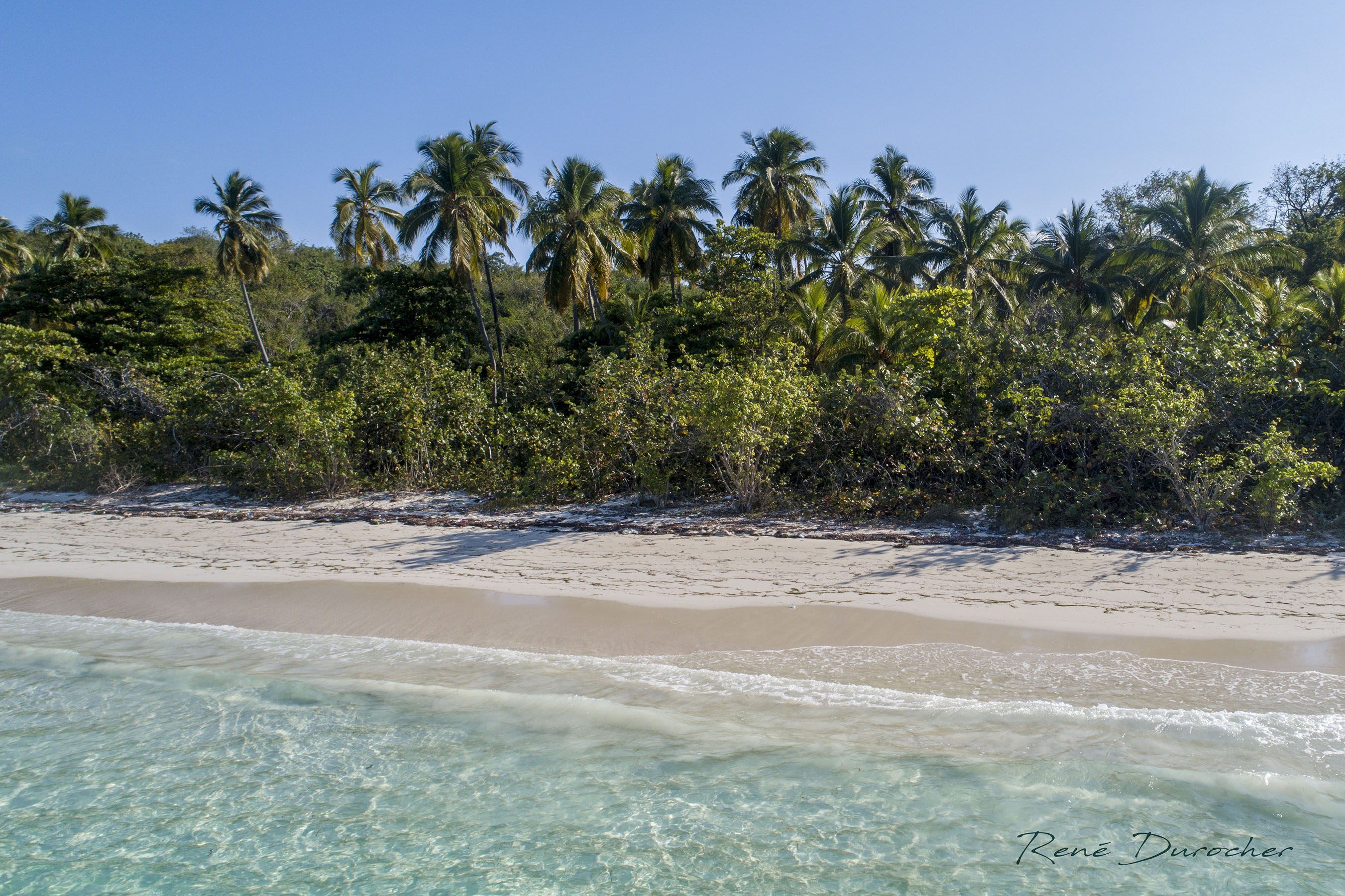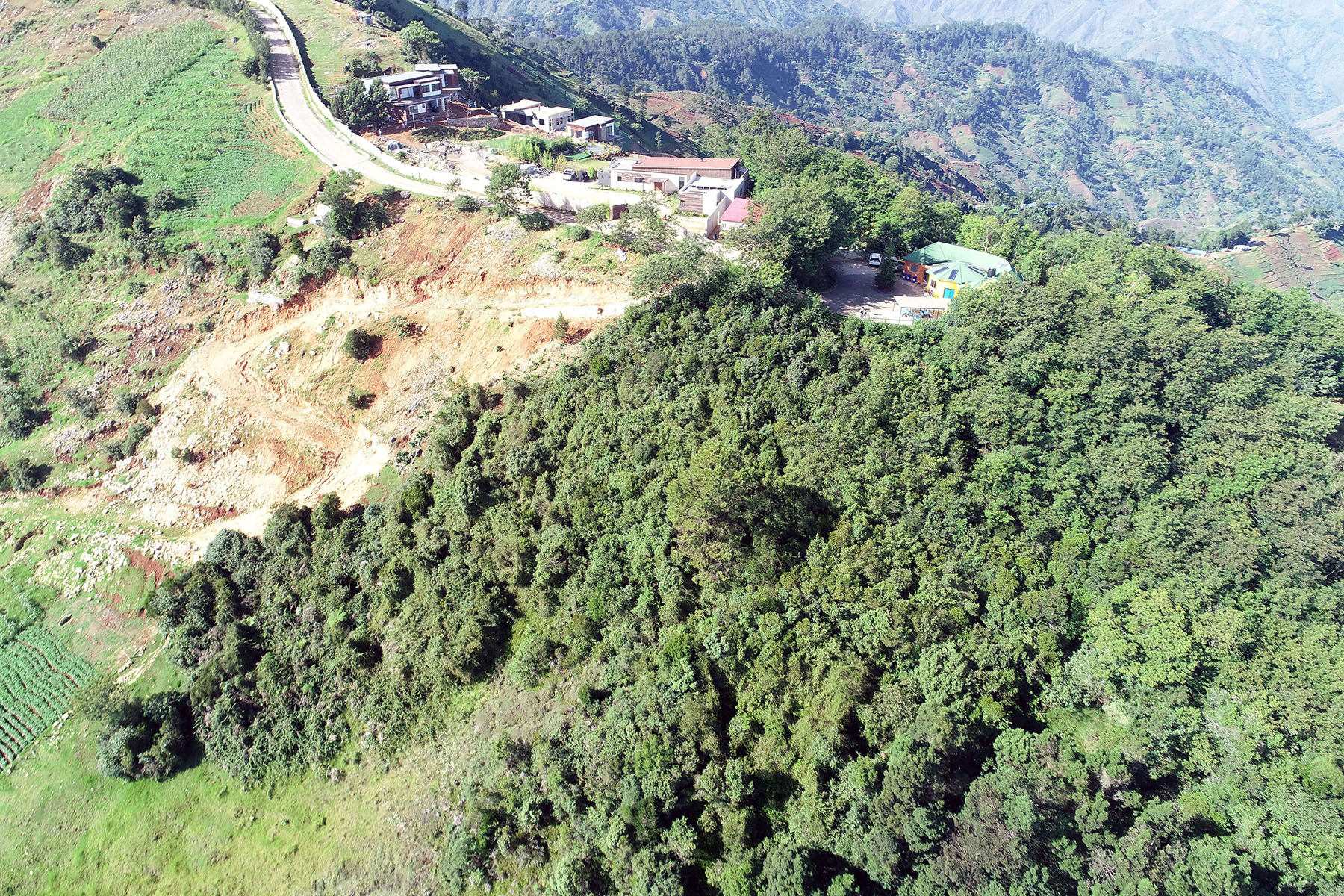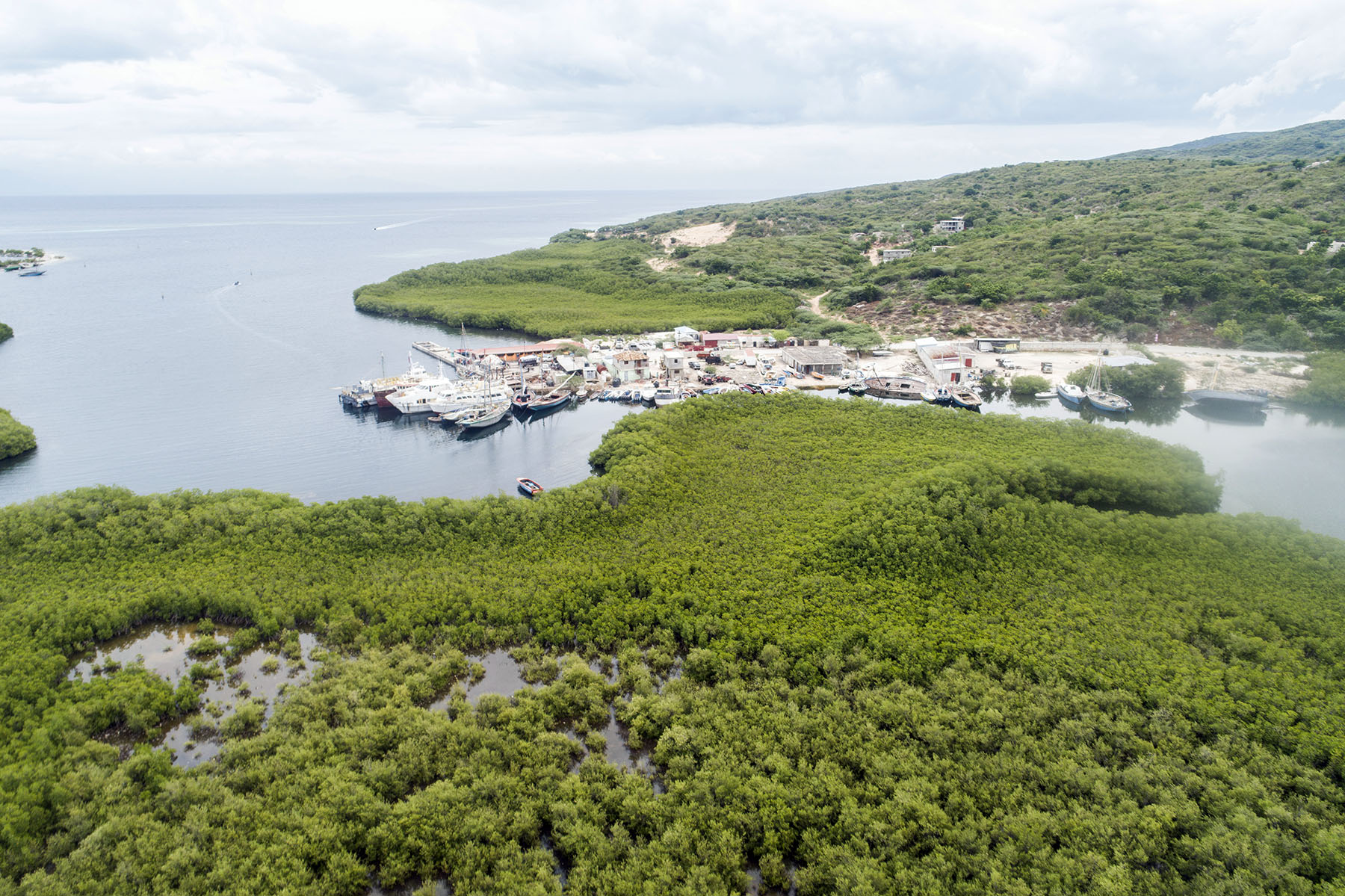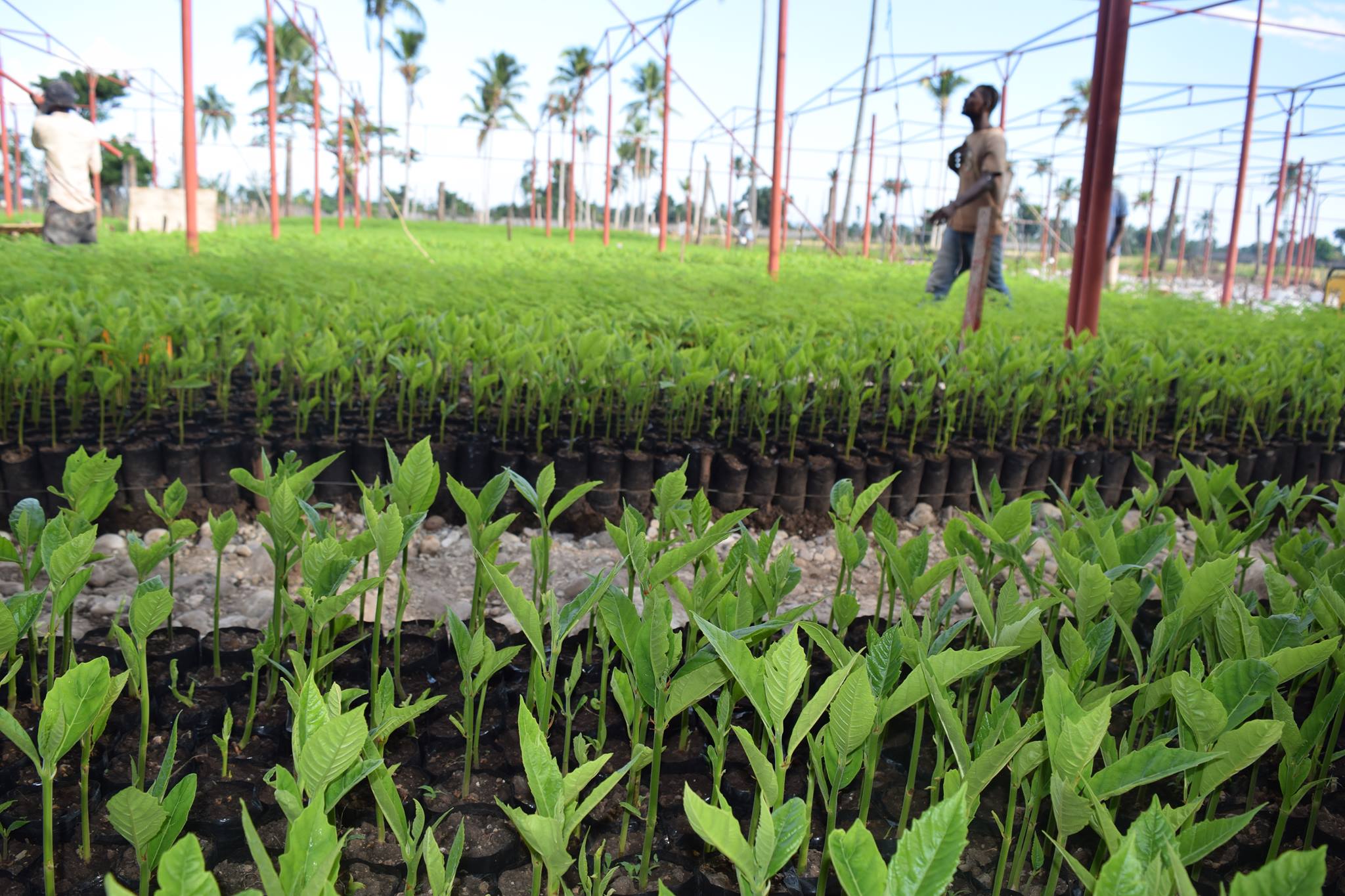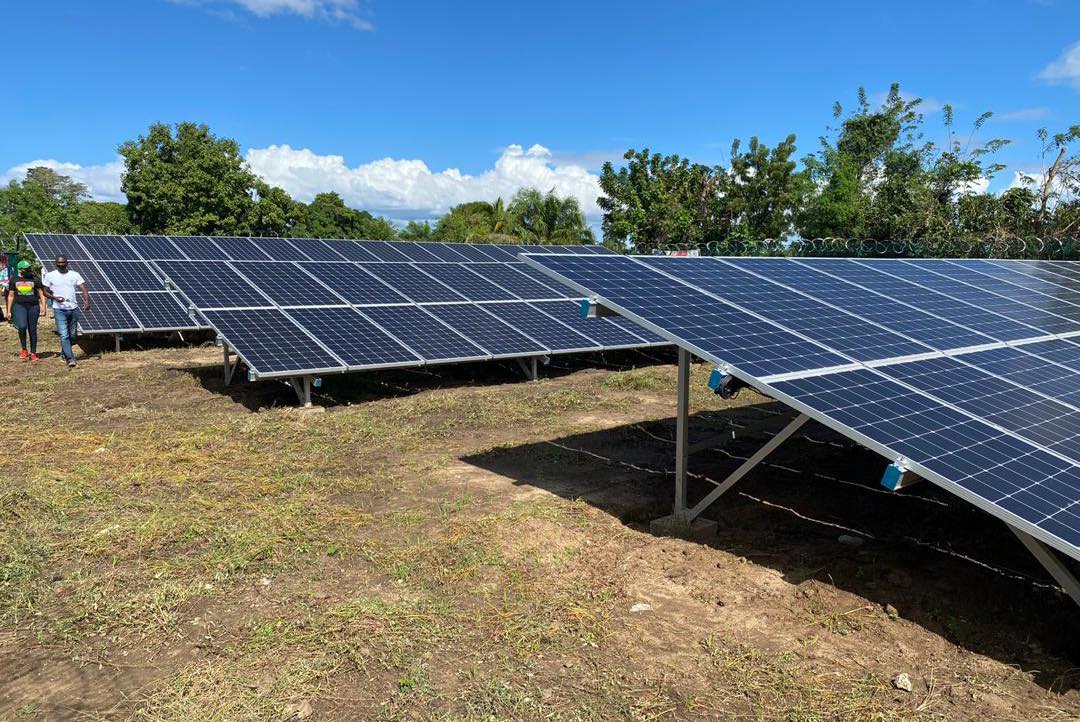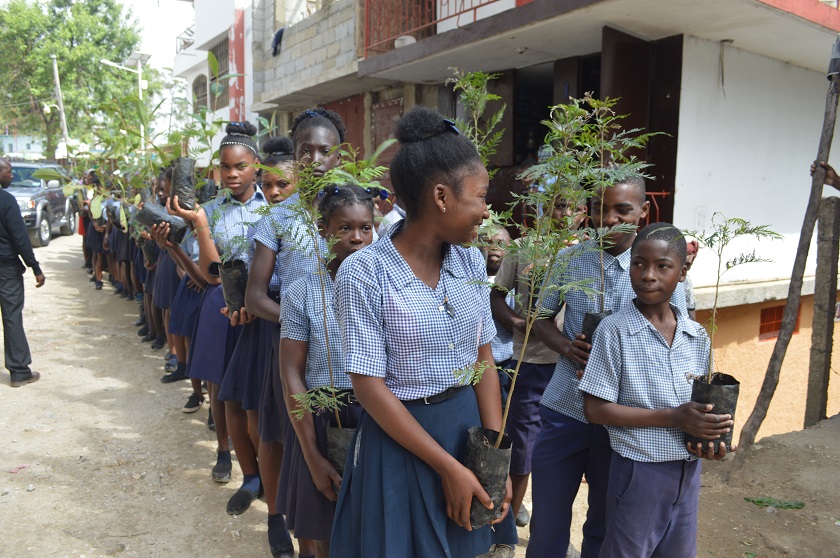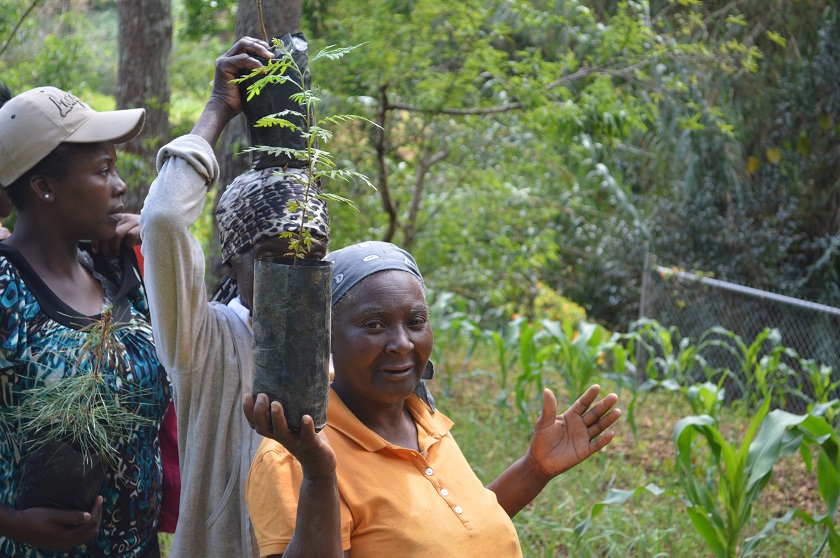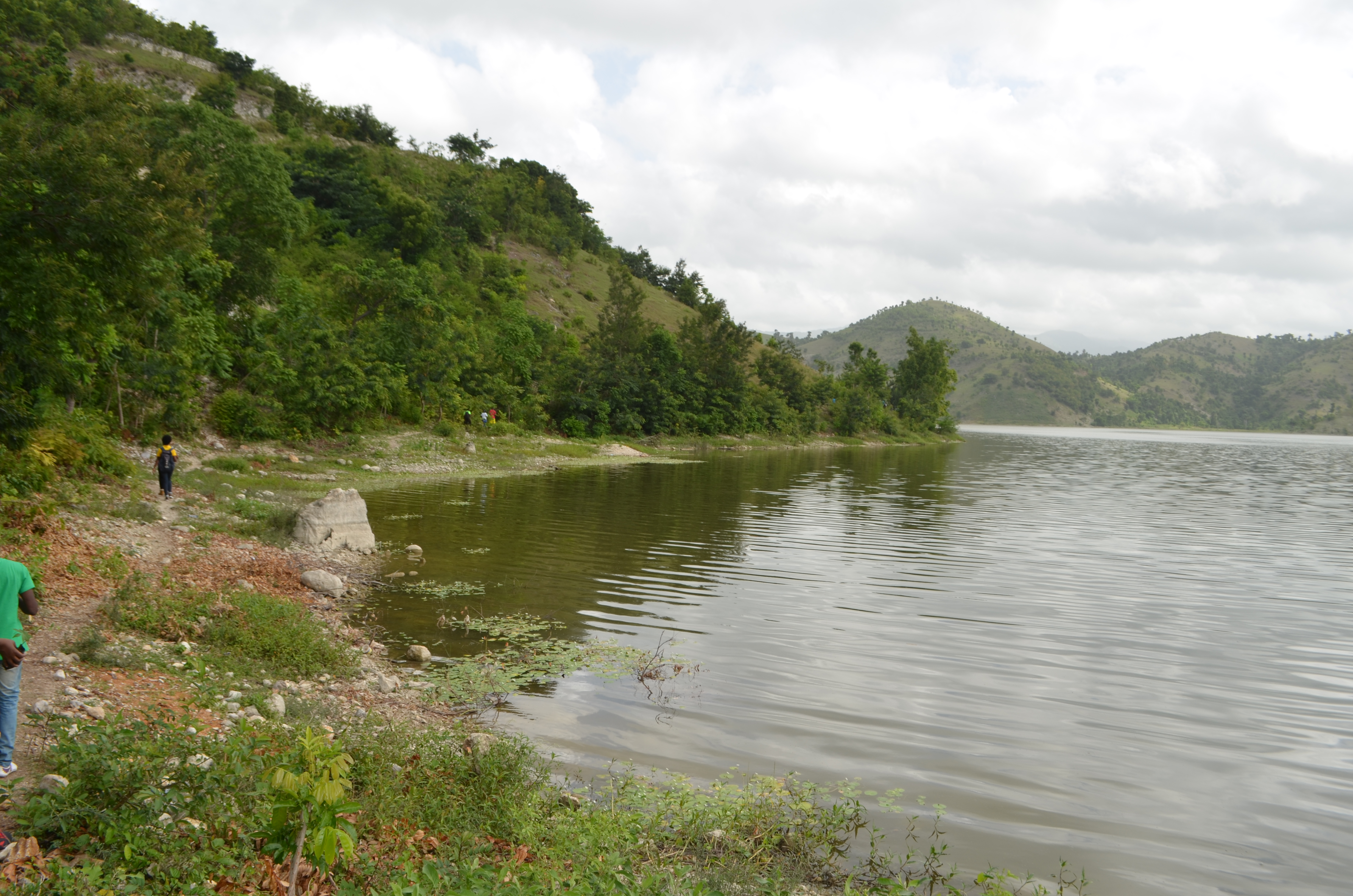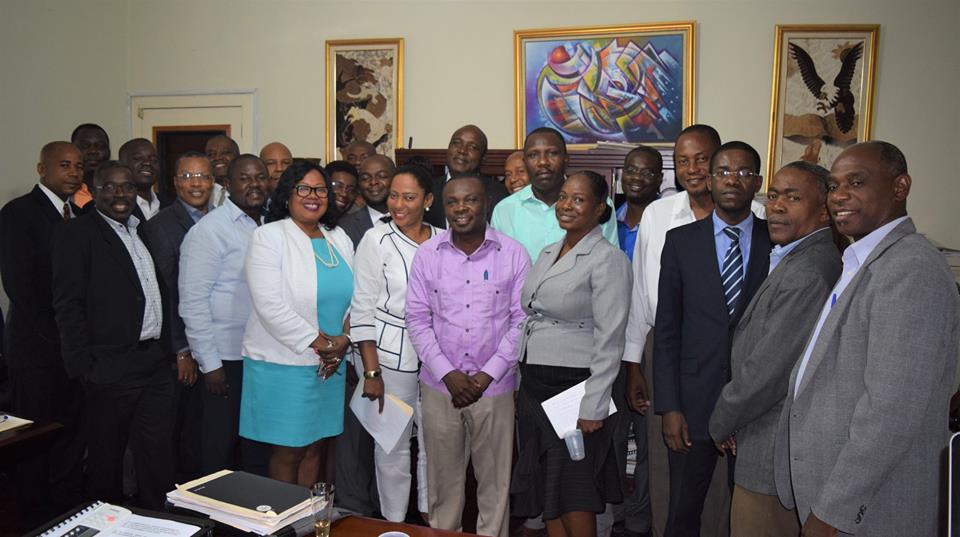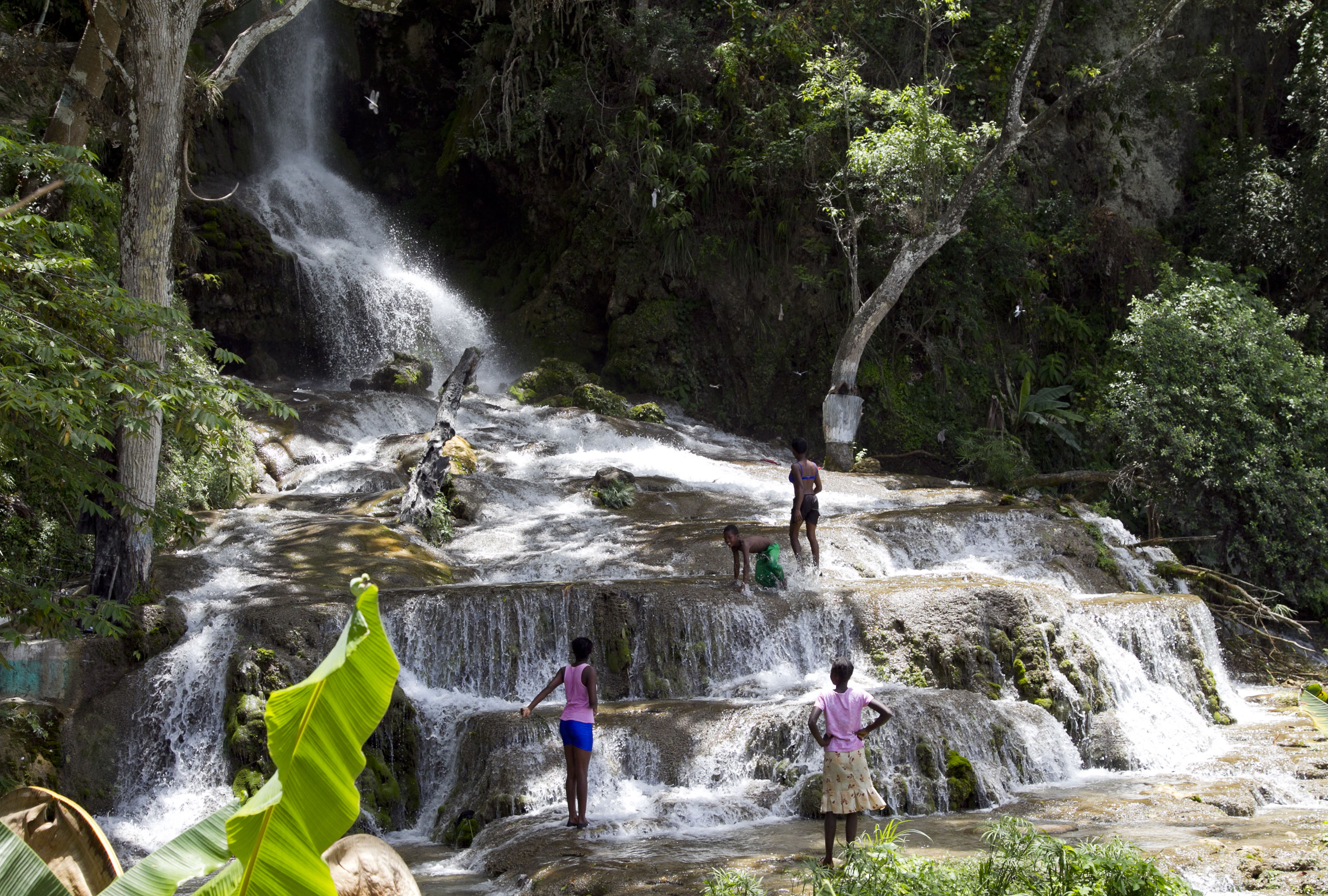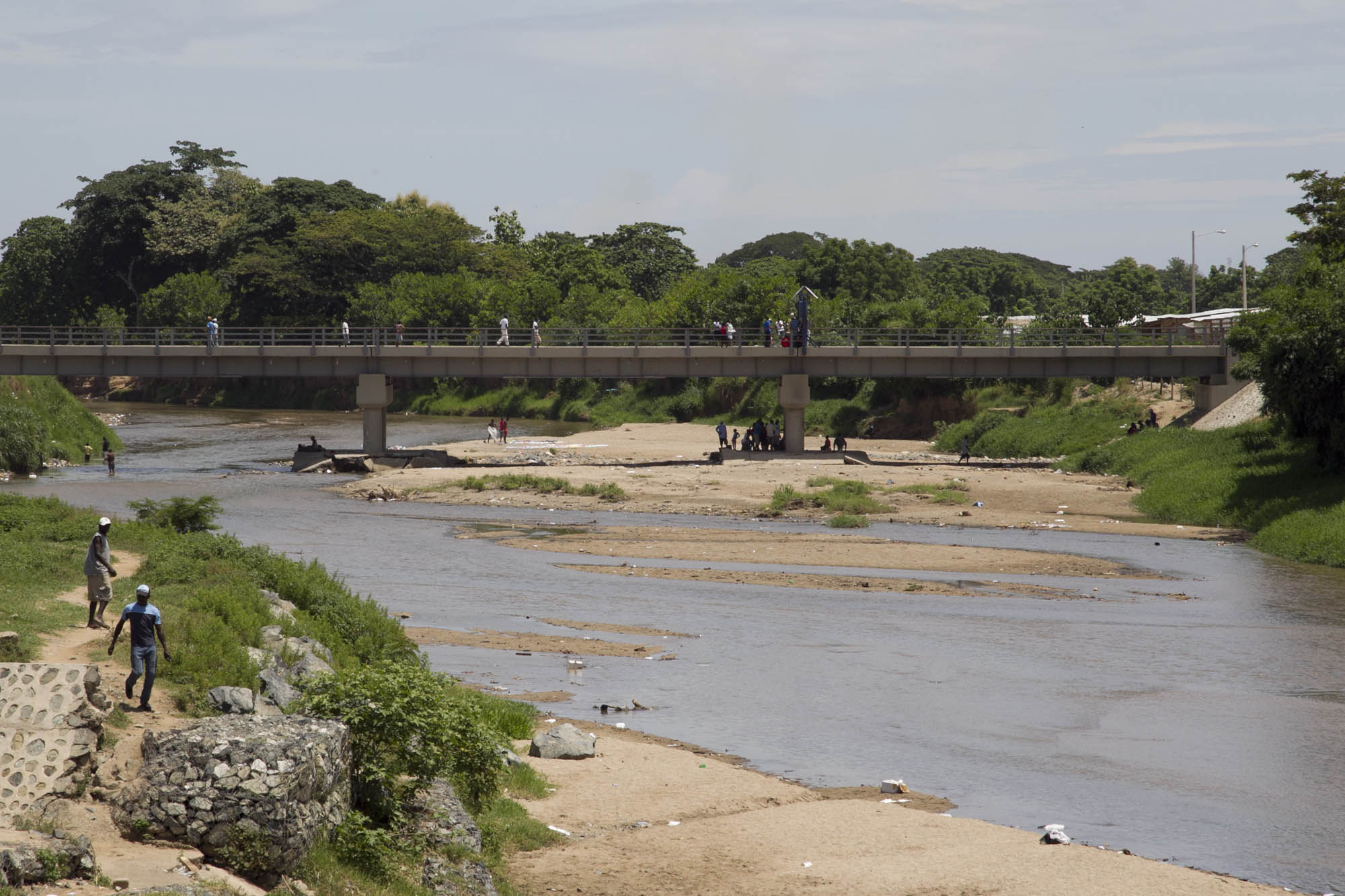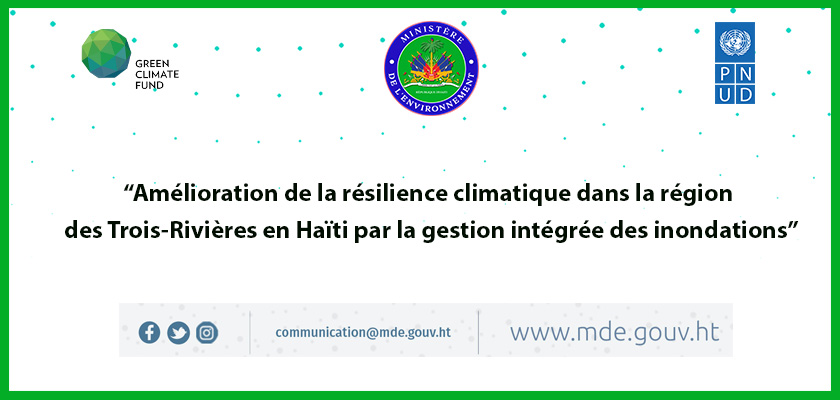

PUBLICATION DES DOCUMENTS SUR LES NORMES ENVIRONNEMENTALES ET SOCIALES DU PROJET: “Résilience renforcée au changement climatique du Bassin Versant des Trois-Rivières en
L’extrême vulnérabilité d’Haïti aux risques liés au changement climatique est bien documentée. Haïti est classée troisième au niveau mondial dans l’Indice des Risques Climatiques de Long Terme. Les effets des phénomènes météorologiques extrêmes induits par les changements climatiques peuvent être illustrés par les inondations cycloniques qui se sont produites en Haïti depuis 2000, tuant des milliers de personnes et affectant 277 498 personnes. Alors que toutes les régions d'Haïti sont vulnérables aux impacts du changement climatique, notamment la sécheresse et les inondations, la zone d'intervention proposée, incluant le bassin versant de Trois-Rivières (réparti dans les 3 régions d'Artibonite, Nord et Nord-Ouest) a été identifiée comme étant particulièrement à risque d'inondations dues au changement climatique selon quatre études et évaluations différentes (y compris Oxfam) [1]. Le projet proposé, intitulé “Résilience renforcée au changement climatique du Bassin Versant des Trois-Rivières en Haïti par la gestion intégrée des inondations”, est le résultat de vastes consultations avec des membres du Gouvernement haïtien, des autorités publiques, la société civile et le secteur privé, et est en ligne avec les Première et Deuxième Communications Nationales sur le Changement Climatique et en ligne avec le Plan National d’Adaptation.
L’approche de gestion intégrée des inondations combine des interventions techniques qui développent la résilience aux inondations dues au changement climatique avec des interventions portant sur la gouvernance et le développement des capacités constituant des éléments clés de durabilité et d’efficacité à long terme du projet proposé, qu’illustrent les résultats suivants du projet :
1.- Des solutions écosystémiques de gestion des inondations sont implémentées sur 25 440 hectares du bassin versant de Trois-Rivières.
2.- Des pratiques agricoles résilientes au climat sont adoptées, des chaînes de valeur sont optimisées et des filets de sécurité sociale sont mis en place pour promouvoir la gestion des terres et réduire la dégradation dans le bassin versant cible ;
3.- La gouvernance et des capacités des autorités étatiques sont renforcées pour une gestion intégrée des ressources en eau (GIRE) résiliente au changement climatique.
Ce projet sera mis en œuvre sous le leadership du Ministère de l’environnement avec l’appui du PNUD et de Heifer International.
Nous publions ici l’intégralité des documents suivants : Analyse sociale et environnementale, Évaluation de la prise en compte du genre et plan d’action y afférant ainsi que le Cadre de gestion environnementale et sociale. Ces documents relatifs aux procédures et normes environnementales et sociales guideront toutes les actions qui seront mises en œuvre dans le cadre de ce projet.
Cliquer sur les liens ci-dessous:
Version française
1- Document "Cadre de gestion environnementale et sociale" du projet
2- Document " Modèle d'Analyse Sociale et environnementale" du projet
3- Document "Evaluation du genre et Plan d'action" du projet
Version anglaise
PUBLICATION OF DOCUMENTS ON ENVIRONMENTAL AND SOCIAL STANDARDS
Haiti's extreme vulnerability to the risks associated with climate change is well documented. Haiti is ranked third worldwide in the Long-Term Climate Risk Index. The effects of extreme weather events induced by climate change can be illustrated by the cyclonic floods that have occurred in Haiti since 2000, killing thousands and affecting 277,498 people. While all regions of Haiti are vulnerable to the impacts of climate change, including drought and flooding, the proposed intervention area, including the Trois-Rivières watershed (spread across the 3 regions of Artibonite, Nord and Nord-Ouest) has been identified as being particularly at risk of flooding due to climate change according to four different studies and assessments (including Oxfam). The proposed project, entitled "Enhanced climate change resilience of the Trois-Rivières watershed in Haiti through integrated flood management", is the result of extensive consultations with members of the Haitian government, public authorities, civil society and the private sector, and is in line with the First and Second National Communications on Climate Change and in line with the National Adaptation Plan.
The integrated flood management approach combines technical interventions that build resilience to climate change-induced flooding with governance and capacity-building interventions that are key to the long-term sustainability and effectiveness of the proposed project, as illustrated by the following project outcomes:
1) Ecosystem-based flood management solutions are implemented on 25,440 hectares of the Trois-Rivières watershed;
2 - Climate-resilient agricultural practices are adopted, value chains are optimized and social safety nets are put in place to promote land management and reduce degradation in the target watershed;
3 - Governance and capacities of state authorities are strengthened for climate-resilient integrated water resources management (IWRM).
This project will be implemented under the leadership of the Ministry of the Environment, with the support of UNDP and Heifer International.
The following documents are published here in full: Social and Environmental Standards screening, Gender Assessment and Action Plan, and the Environmental and Social Management Framework. These documents on environmental and social procedures and standards will guide all actions to be implemented as part of this project.
1- Environmental and Social Management Farmwork


